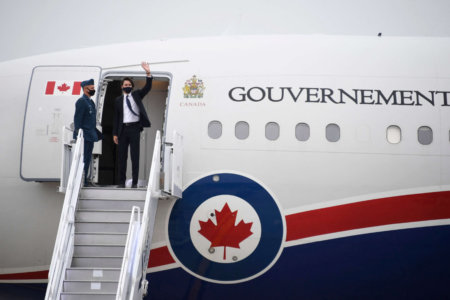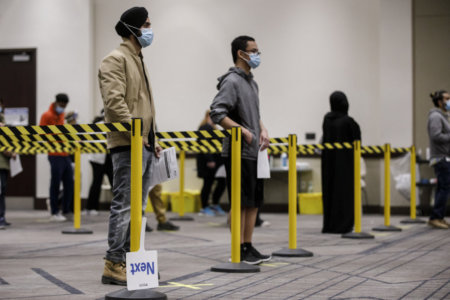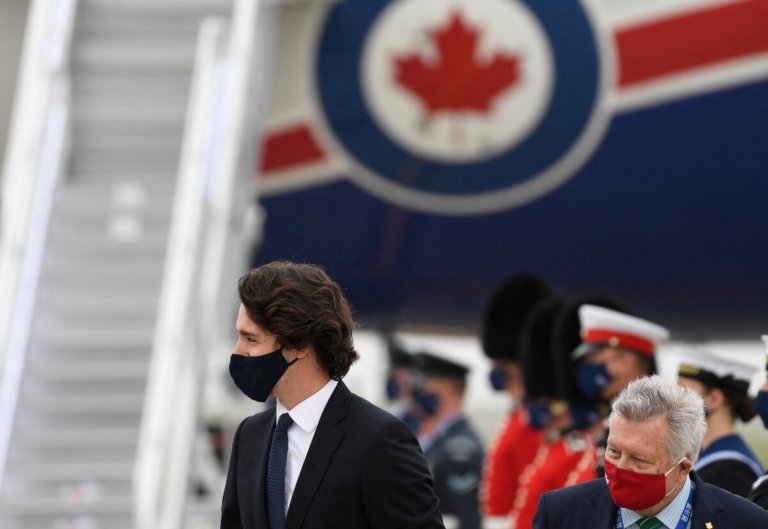
Canada’s borders may be open to international students who meet certain criteria, but incoming students to Canadian universities for the fall semester currently face numerous obstacles, including visa backlogs, lack of access to vaccinations, and navigating quarantine measures as well as fewer available flights, said local reports.
According to CBC via The Canadian Press, a spokesperson for Immigration, Refugees and Citizenship Canada (IRCC) said the department has continued to accept and process study permit applications throughout the pandemic.
Details on IRCC’s website notes: “If you submitted your complete study permit application (including your biometrics and immigration medical exam) by May 15, 2021, you should get a decision by August 6, 2021, in time to attend the fall semester.” Spokesperson Nancy Caron said in a statement, however, that some applications may take longer because they are incomplete.
“Against the backdrop of the global pandemic and its related challenges, we wanted to provide a target date for those planning to begin their studies in the fall,” she was quoted saying. The department issued nearly 100,000 study permits in the first four months of 2021, up from about 66,000 during the same period last year and about 96,000 from January to April of 2019.
Do Canadian universities require vaccination?
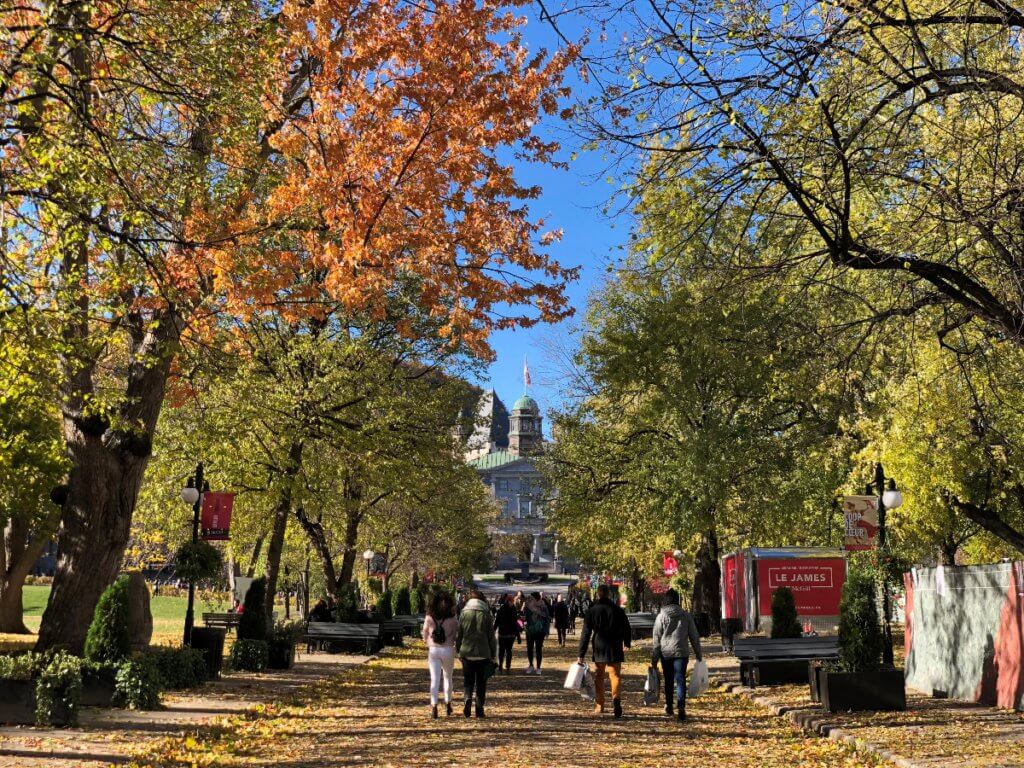
Some Canadian universities, however, are requiring first dose vaccination for students living in residence. Source: Daniel Slim/AFP
Canada recently announced that from July 5, 2021 at 11:59 p.m. EDT, fully vaccinated travellers who are exempt from travel restrictions do not need to quarantine or test for COVID-19 on day eight. This new measure includes international students heading to Canadian universities. Vaccinated travellers coming to Canada before that date will still need to quarantine.
According to CIC News, travellers must have received vaccines approved by the Canadian government to be considered fully inoculated by the Canadian government. This means travellers should have received two doses of the Pfizer, Moderna or AstraZeneca vaccines, or one dose of the Janssen vaccine, or approved combinations, at least 14 days before entering Canada. “If you received two doses from two different provinces, make sure you have the required documentation for both doses,” said the report.
Students who are not vaccinated may still enter Canada but will be required to test thrice (pre-departure, upon arrival, and on the eighth day) and quarantine in Canada. Some Canadian universities, however, are requiring first dose vaccination for students living in residence. This includes Trent University, Western University, the University of Toronto, Fanshawe College and Ryerson University.
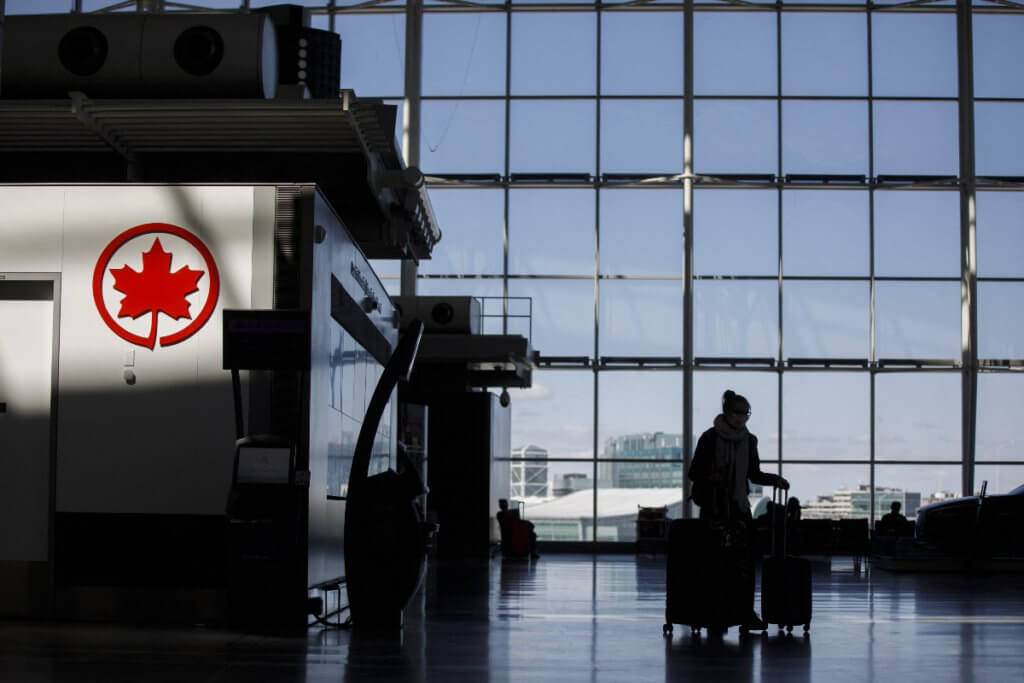
Canadian universities must have a COVID-19 readiness plan in place to welcome students. Source: Cole Burston/Getty Images North America/Getty Images via AFP
Students who cannot access a vaccine before moving in will have 14 days to do so, said Sandy Welsh, the University of Toronto’s vice-provost of students. Western University also said those who can’t access vaccines would have 14 days to get vaccinated on campus.
According to the report, some international students have expressed concerns about getting their second COVID-19 vaccine. Muhammad Saad has been admitted to Centennial College in Toronto for a diploma in project management, and had his first shot of the Oxford-AstraZeneca vaccine but was worried about access to his second shot.
“It depends on supplies,” he was quoted saying. “My second dose is in mid-July. I hope vaccine will be available in Pakistan at that time.” Those who aren’t fully vaccinated will need to follow federal government requirements.
Other students worry about the slow visa process and high quarantine costs. Ali Hassan, who has been accepted to York University in Toronto, is glad his university is offering online classes as he may not be able to get his visa on time. “But I’m a little bit worried,” he said, adding he checks his email several times a day for his approval. He is hopeful that he can come to Canada this fall.









